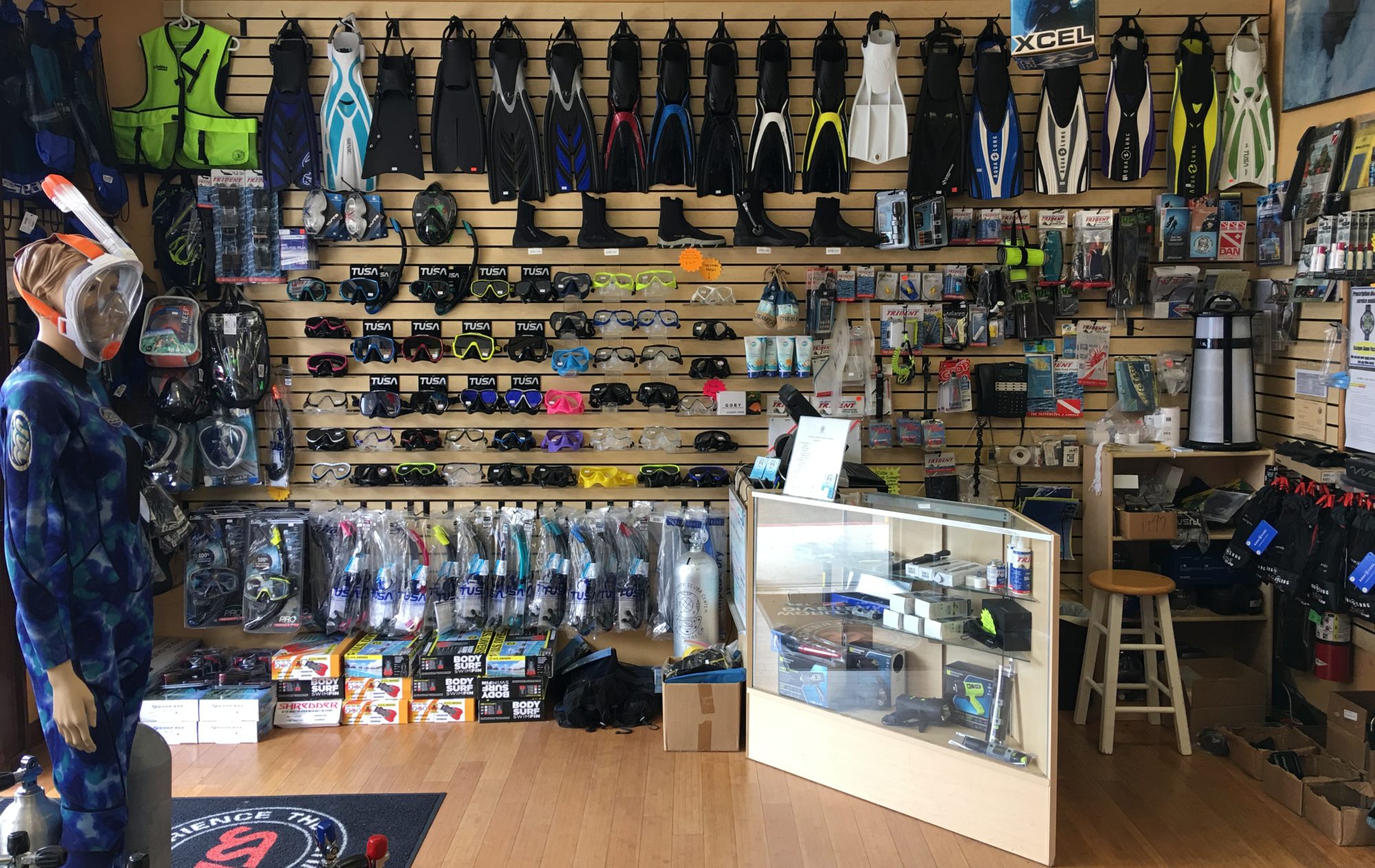As careful, observant and well trained divers, we do our best to not put ourselves in a position that could cause ourselves, or our buddies, any harm. But as we all know, things can happen that are completely out of our control or we can make a miscalculation and suddenly a diving accident occurs. It’s when we are facing this type of situation that our training and experience comes most into play. In fact, proper training could mean the difference between life or death. For example, what if your buddy, while walking out to a night dive at La Jolla Shores steps on a stingray? Do you know what the proper procedure is in this situation? What if you are running a boat on the opening night of lobster season and your buddy has a heart attack? According to DAN, this is one of the most common dive accidents during lobster season. Do you have oxygen available for them? Are you properly trained on how to use it?
As a diver you are aware of Divers Alert Network (DAN) and all of the invaluable training and information that they provide on our behalf. One of the most important training programs that they provide is the Diving Emergency Management Provider (DEMP) course. This is a multi-faceted course that covers:
• Oxygen First Aid for Scuba Diving Injuries
• Advanced Oxygen First Aid for Scuba Diving Injuries
• First Aid for Hazardous Marine Life Injuries
• Automated External Defibrillators (AEDs) for Scuba Diving
Having a SSI Stress & Rescue or PADI Rescue Diver certification is only a basic first step in preparing yourself in how to handle a dive emergency. For the safety of yourself and your friends enrolling in the DEMP program is one of the smartest decisions you can ever make as a diver.
Cost of the course: $500
Knowledge of how to save someone’s life: PRICELESS
